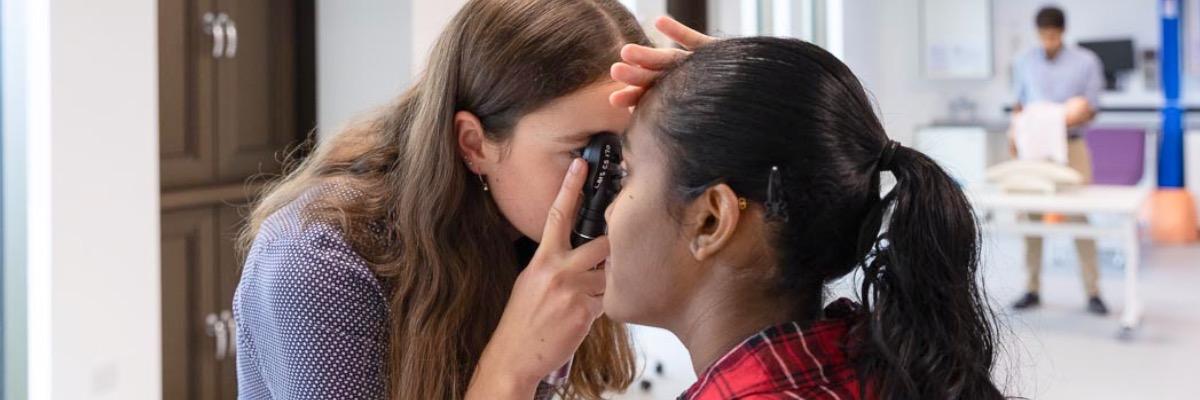Before your interview
There are a few things that you can start doing before your interview to make sure that you are prepared on the day and have everything that you need.
- If you would like to attend your interview, please complete our RSVP form as soon as possible to ensure that we are able to confirm your specific schedule with you. Please be aware that if you do not confirm your attendance, your interview slot may be offered to another applicant. If you are unable to attend the currently allocated time and would like to reschedule, you should also complete the RSVP form and we will do our best to re-arrange your interview date.
- Make sure that you have read the information below about Microsoft Teams. In advance of your interview, please make sure that you have downloaded the software and are able to use it. We will send some additional guidance on how to use it before the interviews, so please let us know if you have any specific queries that you think we should address as part of that information.
- In advance of your interview, you should complete our Work Experience Survey. This form allows you to provide details of work and voluntary experiences described in your personal statement.
- All applicants should complete the Supplementary Information Form. This is used to provide us with additional contextual information about your application and to determine who may be eligible for a contextually lowered offer. For each criteria selected, you will receive an automatic email with further information regarding the evidence we require.
- Information that we recommend you read through in preparation for your interview includes the General Medical Council's Good Medical Practice guidance, and the NHS Medical professionalism guidance.


